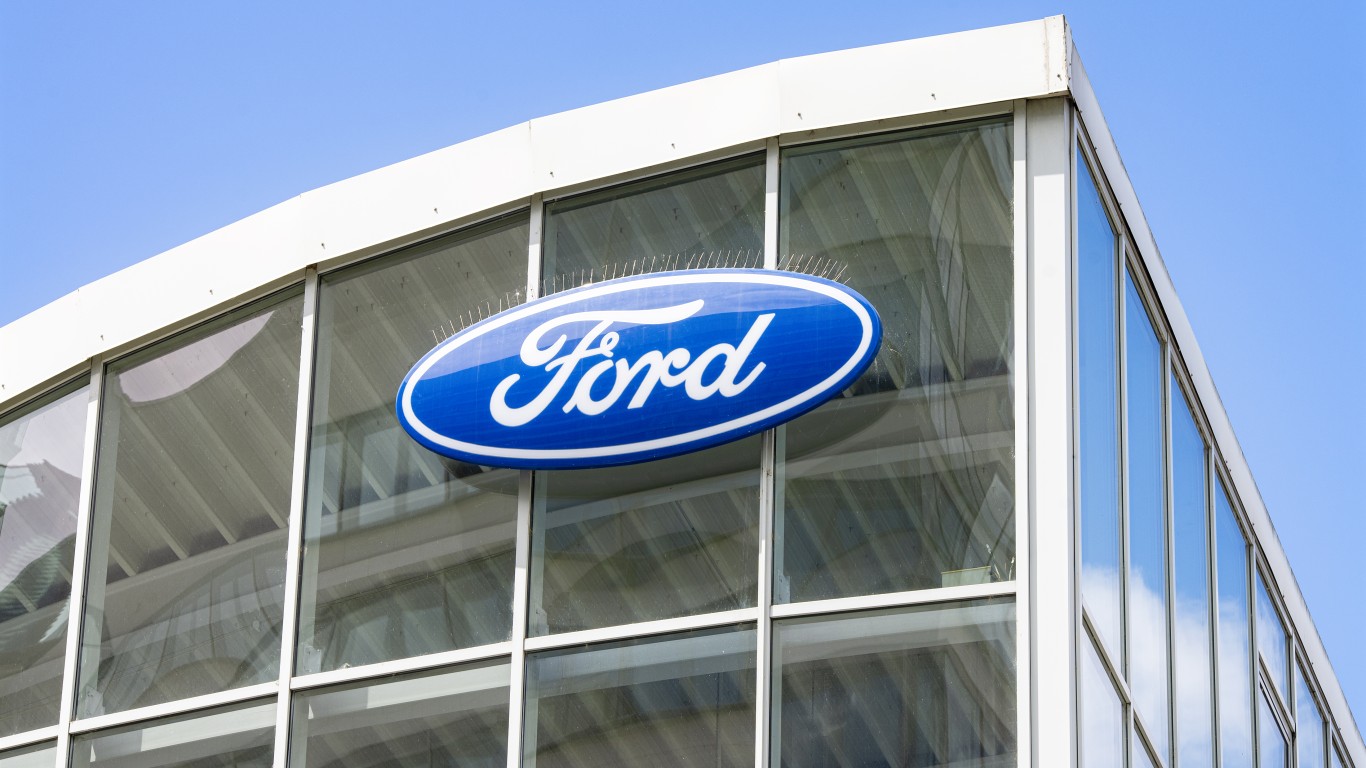
A year ago, Ford’s CEO, Jim Farley, acknowledged that the company’s quality fell below industry standards. Farley and his management team estimated that it would take two or three years to regain competitiveness in this area. Since then, Ford has experienced issues such as engine fires in its F-150 Lightning and several recalls, including one affecting 231,942 vehicles due to airbag problems. Just recently, Ford faced another significant problem as the National Highway Traffic Safety Administration and the company warned owners of nearly 143,000 Lincoln MKC compact SUVs about a fire risk.
The Lincoln recall was particularly concerning, with owners being advised not to park their vehicles near buildings or other vehicles. According to the NHTSA, “Ford Motor Company (Ford) is recalling certain 2015-2019 Lincoln MKC vehicles. The battery monitor sensor may short-circuit and overheat, causing a fire in the engine compartment while parked or driving.”
Ford’s ongoing quality issues are likely to hamper its expansion goals, especially as it simultaneously supports a substantial legacy gas-powered vehicle operation while transitioning to electric vehicles. Despite Ford’s efforts to promote its next generation of EVs at a significant event, industry analysts such as P from investment bank Jefferies and Dan Levy of Barclays expressed skepticism, suggesting that Ford may struggle to achieve its stated goals. Levy told the FT, “The efforts are commendable, but we believe the transformation will take longer, and results are likely to be less impressive, than what Ford has communicated, making this a ‘show-me’ story.”
In a nutshell, each instance of a fire or recall chips away at public trust in the Ford brand, which is particularly problematic as the company undergoes a transition to become an EV-focused company. These are the most fuel-efficient new sport utility vehicles.
It’s Your Money, Your Future—Own It (sponsor)
Are you ahead, or behind on retirement? For families with more than $500,000 saved for retirement, finding a financial advisor who puts your interest first can be the difference, and today it’s easier than ever. SmartAsset’s free tool matches you with up to three fiduciary financial advisors who serve your area in minutes. Each advisor has been carefully vetted and must act in your best interests. Start your search now.
If you’ve saved and built a substantial nest egg for you and your family, don’t delay; get started right here and help your retirement dreams become a retirement reality.
Thank you for reading! Have some feedback for us?
Contact the 24/7 Wall St. editorial team.




